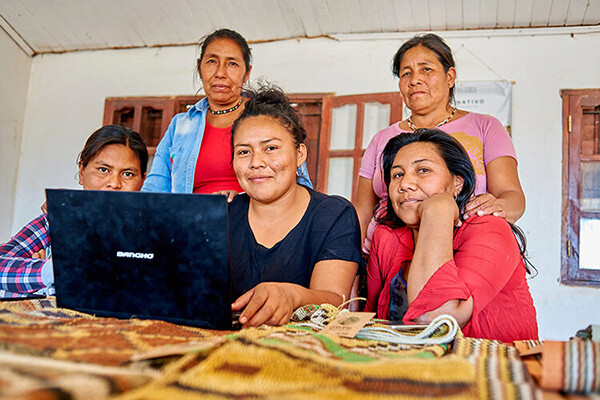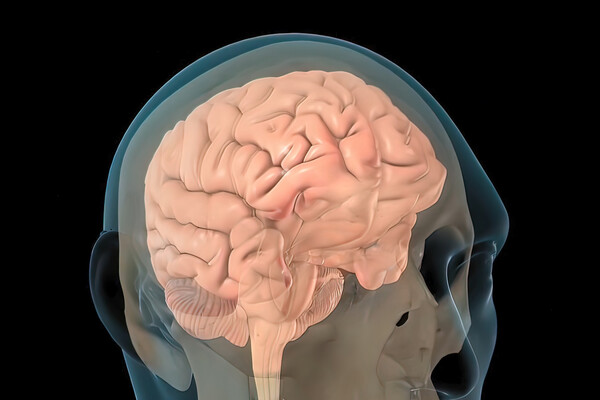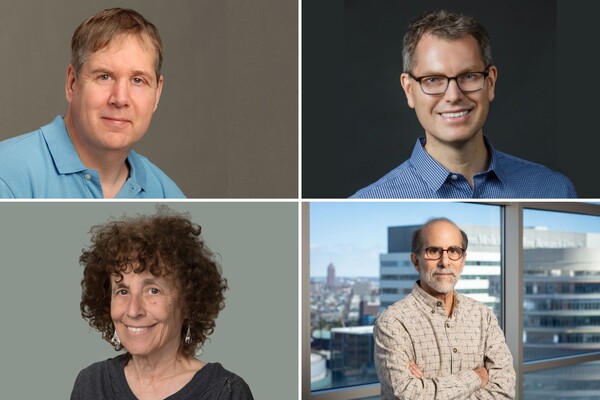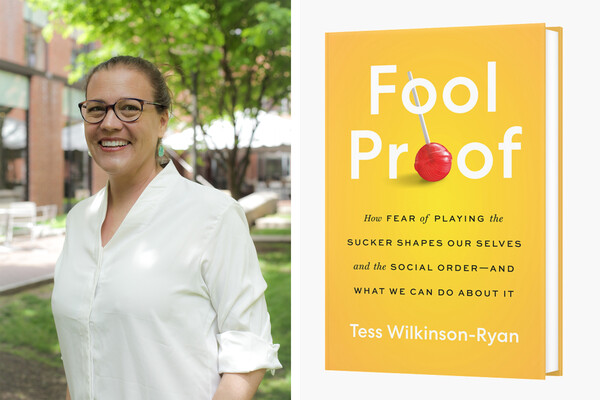4/16
Psychology
Who, What, Why: Betsy Stade on novel methods for assessing anxiety and depression
The clinical psychology Ph.D. candidate discusses her research on language patterns in anxiety and depression and thinking about alternatives to the “Diagnostic and Statistical Manual of Mental Disorders, Fifth Edition.”
Creating authentic connections in virtual teams
Working with Matriarca, an Argentinian sustainable goods distributor, scientists from the Wharton Neuroscience Initiative leveraged an exercise known as ‘Fast Friends’ to improve online collaboration within the organization.
AI-guided brain stimulation aids memory in traumatic brain injury
A collaborative study shows that targeted electrical stimulation in the brains of epilepsy patients with traumatic brain injury improved memory recall by 19%.
Four from Penn elected to the National Academy of Sciences
The newly elected members, distinguished scholars recognized for their innovative contributions to original research, include faculty from the School of Arts & Sciences, Perelman School of Medicine, Annenberg School for Communication, and Wharton School.
Read this later: A link between procrastination and creativity
Procrastination is a near-universal human behavior, with some surprising benefits. But when the time comes to focus, Ryan Miller of the Weingarten Center offers tips and time-management tools.
COVID-19 and anti-Asian hate
During the peak of the pandemic, psychology major Tiffany Tieu, in a collaborative study, explored anti-Asian racism through the lens of her peers.
How have women in the workforce fared, three years into the pandemic?
Despite hopeful signs that this demographic is returning to work, certain female-dominated sectors, like the care economy, still haven’t recovered, signaling there’s more to learn about COVID-19’s full effect.
With frank text and bold illustrations, graphic novel tackles puberty head on
The new book, for 9- to 14-year-olds and written by two Penn undergrads and an alum, details what physically happens in the body as girls experience puberty, plus the internal emotions and external social forces that accompany it.
Does more money correlate with greater happiness?
Reconciling previously contradictory results, researchers from Penn and Princeton find a steady association between larger incomes and greater happiness for most people but a rise and plateau for an unhappy minority.
The psychology of playing the fool
Law professor Tess Wilkinson-Ryan’s new book “Fool Proof: How Fear of Playing the Sucker Shapes Ourselves and the Social Order―and What We Can Do About It” explores the psychology of fools, dupes, cons, and morality.
In the News
Expect to see AI ‘weaponized to deceive voters’ in this year’s presidential election
Cristina Bicchieri of the School of Arts & Sciences says that AI-generated misinformation exacerbates already-entrenched political polarization throughout America.
FULL STORY →
Can money buy you happiness? Yes, it can. However…
Research by Matthew Killingsworth of the Wharton School reveals there is no monetary threshold at which money's capacity to improve well-being diminishes.
FULL STORY →
Philadelphia hospital program adds psychologists to bridge mental health services for trauma survivors
A new psychology team at the Penn Trauma Violence Recovery Program has provided about 46 survivors with short- and long- term therapy, featuring remarks from Elinore Kaufman and Lily Brown of the Perelman School of Medicine.
FULL STORY →
Early humans had ADHD, scientists say after making people play game online
A collaborative study by researchers from Penn suggests that the impulsive component of ADHD may provide a competitive advantage to learn from rivals and “catch” new methods of achievement.
FULL STORY →
Why hasn’t the new me shown up yet?
In his book “What You Can Change and What You Can’t,” Martin Seligman of the School of Arts & Sciences says that some personal qualities and habits can’t be changed without extreme difficulty.
FULL STORY →
The real reason you’re obsessed with spicy food
Paul Rozin of the School of Arts & Sciences agrees that it’s actually the pain that keeps us coming back for more spice.
FULL STORY →













